


Euthanasia Poisons People and Societies

Say No to ‘Public Health’ Imperialism
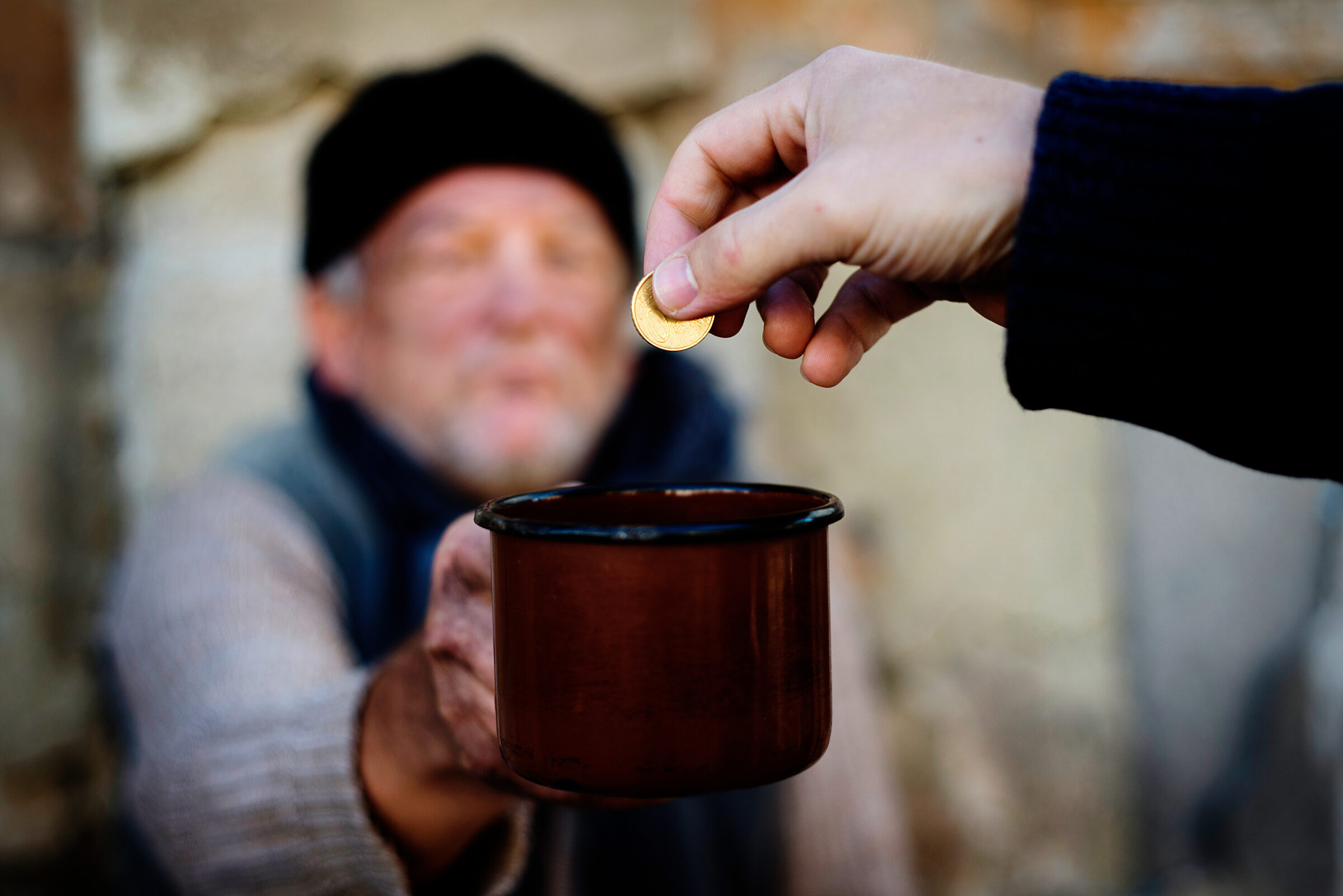
What the Homeless Owe Us
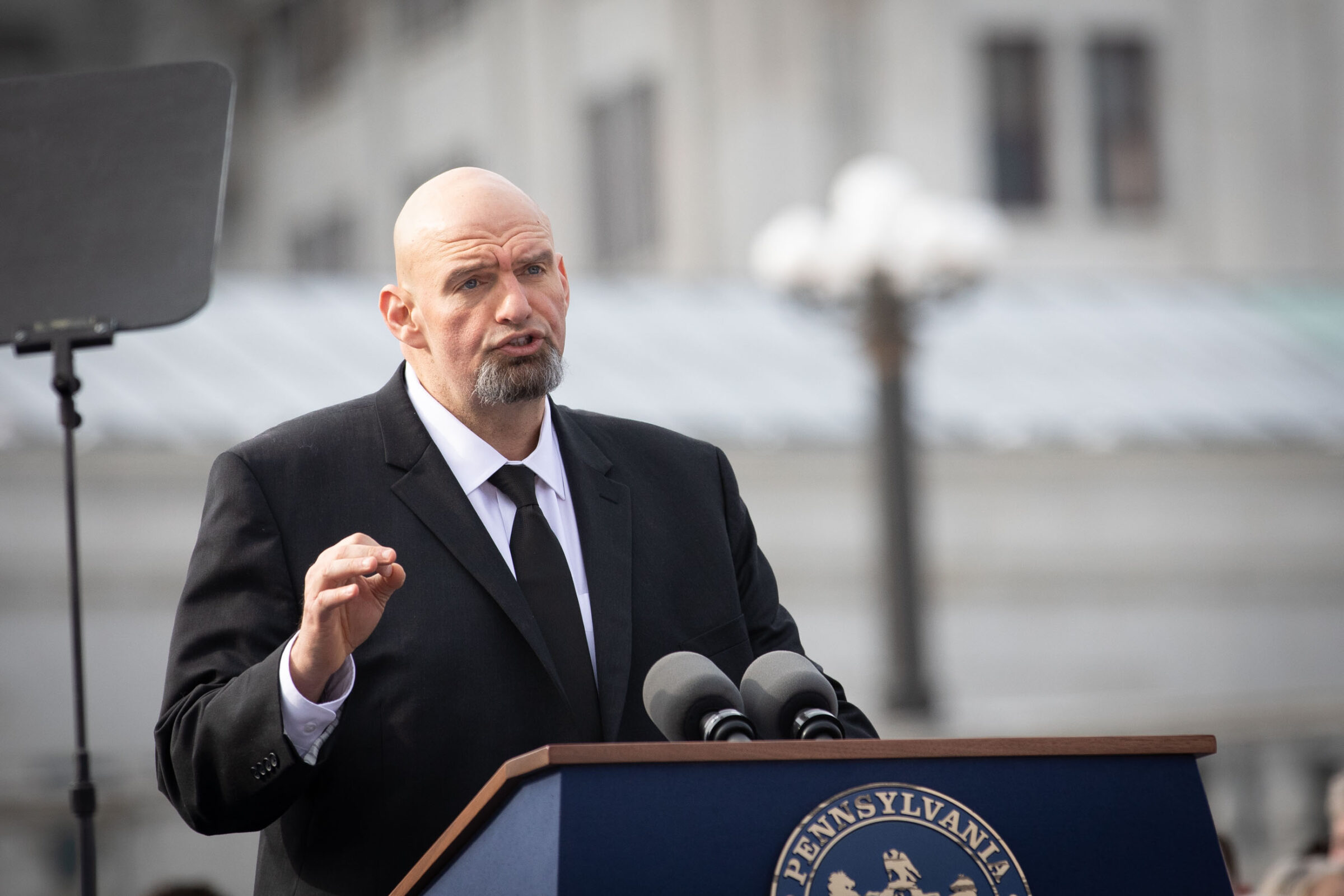
Shame on Trump Jr. for Calling Fetterman a ‘Vegetable’
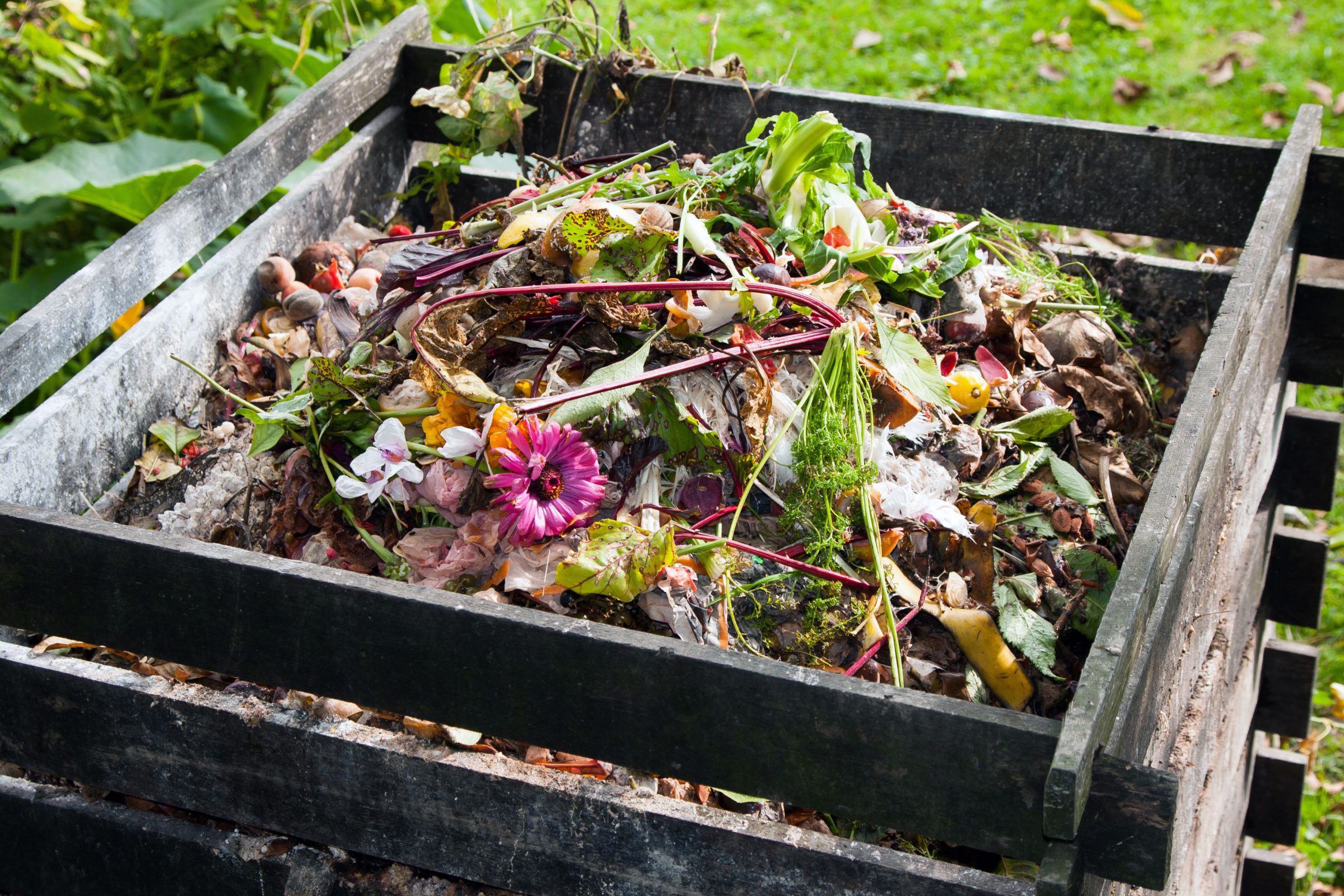
‘Human Composting’ Promoted in New York Times
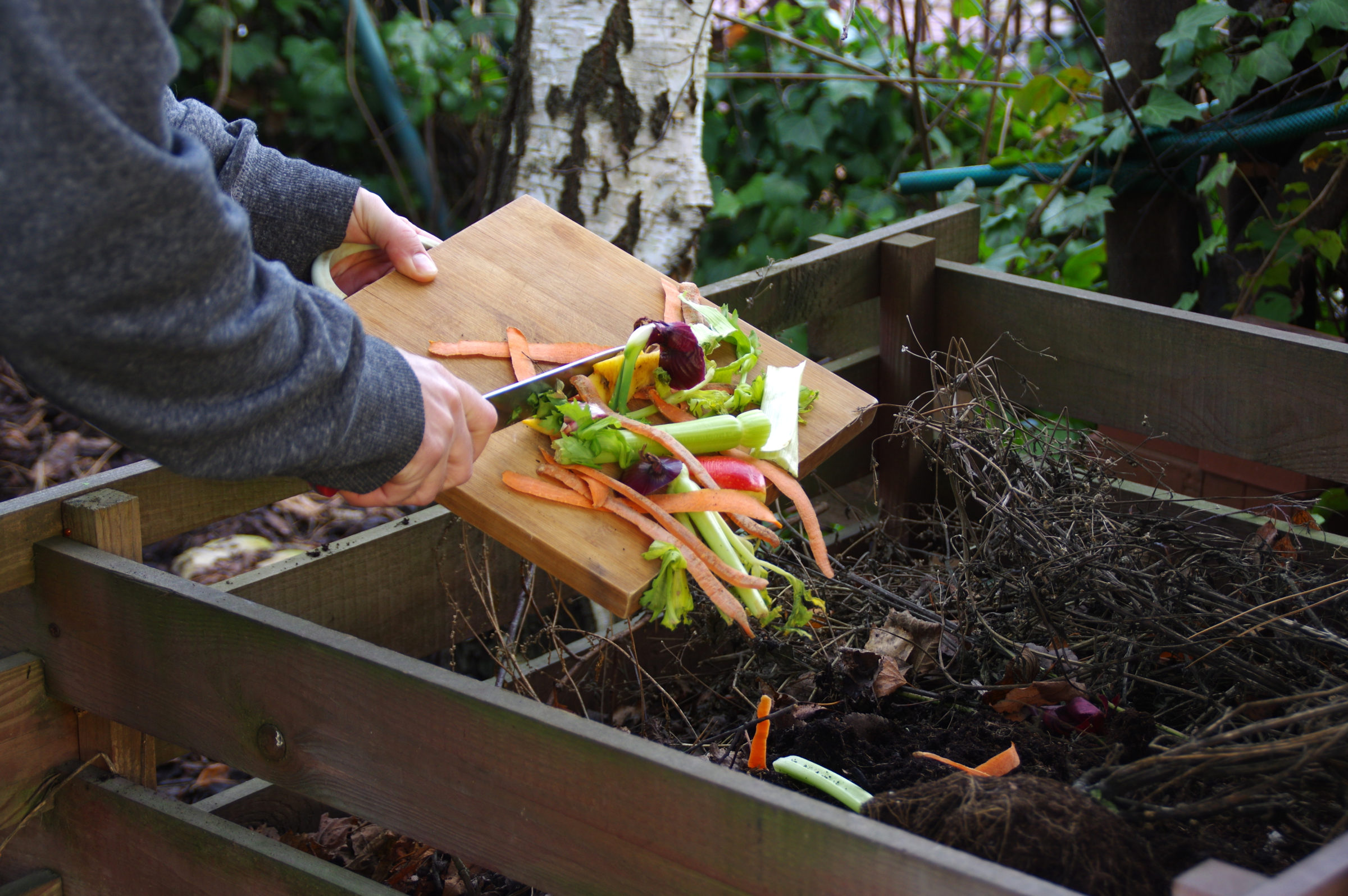
Composting the Dead Devalues the Importance of the Living
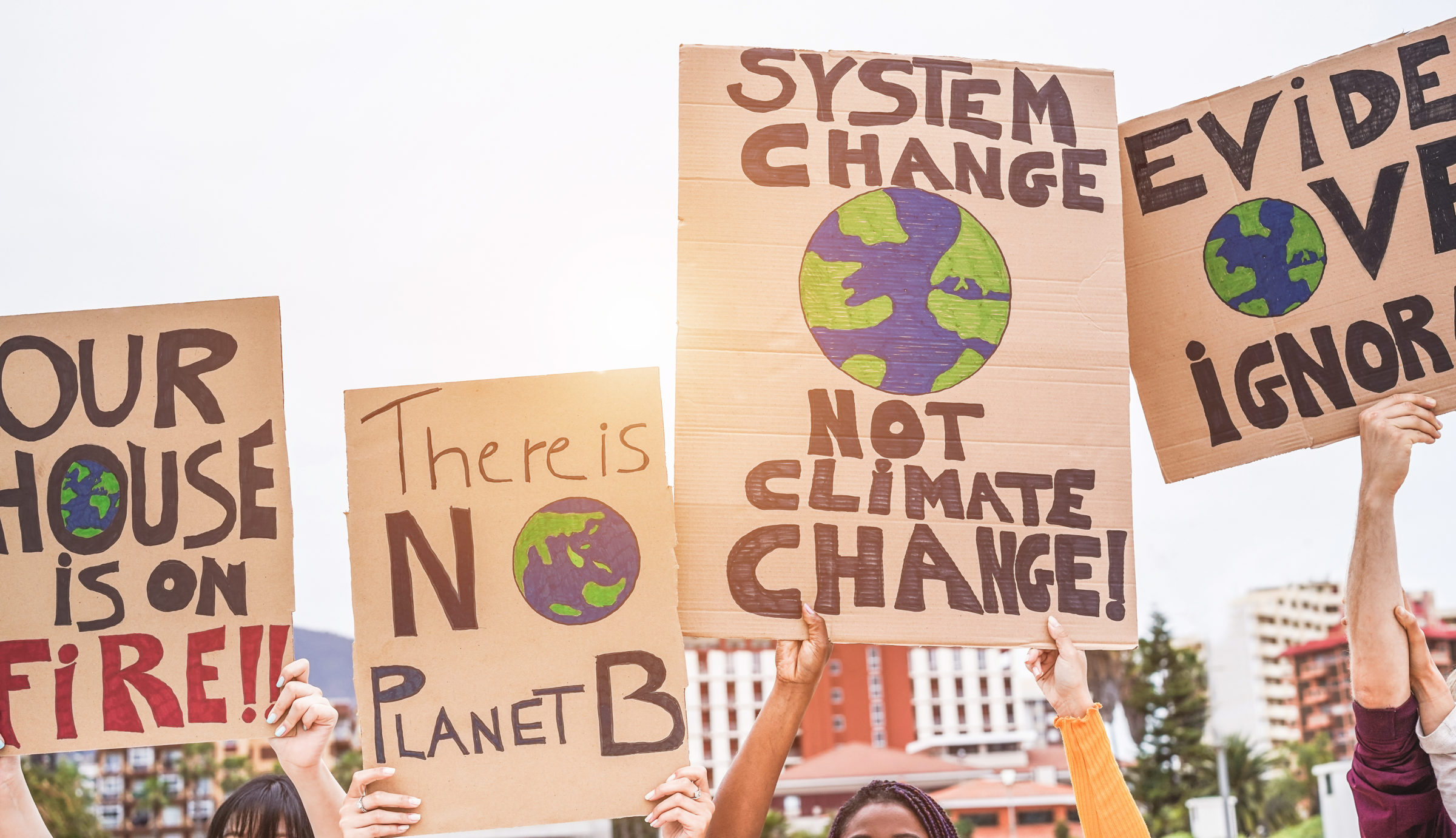
What 1973’s Soylent Green Accurately Predicted about 2022

‘Suffering and Sacrifice Are Part of a Flourishing Human Life’
Dr. Jennifer Frey delivered an excellent talk on “Suffering and the Problem of Evil” to the Thomistic Institute’s Yale University chapter this April. Listen to the whole talk, which I think is really a call to be practically wise amidst the tumult of our chaotic lives. I’ve transcribed the below from Dr. Frey’s talk and any errors are mine. First, on the classical view of justice: Now, it’s central to the virtue of justice in particular that there are certain things we must never do because that sort of action is to wrong someone. So, if we were to commit this sort of action—the wronging someone sort of action—then we would be not exercising justice but injustice. Murder, torture, rape, judicial condemnation of the innocent, lying—these are perhaps obvious examples of actions that are unjust because they wrong someone. And the just man is a man who habitually refuses to commit or participate in any unjust actions for fear of any consequences or to obtain any advantage for himself or for anyone else. But another more positive way to put the same point is in terms of flourishing. You could just say, “Well, look, some actions will never contribute to human flourishing, such that one never has a reason to perform them.” And these actions will never be appealing to a person of good character, to a person of virtue. That’s all in keeping with the classical view. Now, the trouble starts to emerge. The trouble is cases where the exercise of virtue, like the virtue of justice, causes great suffering. What are we supposed to say about cases like that? Philosophers are really good at cooking up examples where, unless you perform an unjust act then millions of people will die. I don’t really find these cooked up examples helpful. I prefer real-life, flesh and blood examples. There are lots to choose from, but one of my personal favorites is the story of Boethius… Boethius, executed by Theodoric in 524, paid for his interest in justice with his life. I imagine that most of us would ask what the point of following one’s conscience in the manner of Boethius is, if the result is one’s death. Our ability to see and act in accord with virtue is diminished by the cataracts of our materialistic sense of life—by our false certainty that transcendence is a myth, that this life is all that there is, that nothing really matters. What are we supposed to say about this? I think theoretically there are several options we can take. The first option is that we can just take this to be a counter example to the classical view and we can reject the classical view. That’s an option that lots of people have taken. Second we can amend the classical view as we’ve stated it so far, to acknowledge that virtue alone does not suffice for human flourishing. So, it’s necessary but not sufficient—[that] the world also has to do you a favor, you can be a great person but also then just suffer from misfortunate through no fault of your own and your life kind of ends in tragedy. This is kind of what Aristotle ends up saying in Nicomachean Ethics. Third, you could go the Stoic route and just insist that getting executed is no big deal, is no real loss for the virtuous person. That’s a venerable option. Or, there’s a fourth option and that’s the one I want to explore in this talk. And that is that you can work towards a conception of human nature, virtue, and flourishing in which suffering and sacrifice are at the heart of the account—so you can say that suffering and sacrifice are part of a flourishing human life. What are we willing to sacrifice for? To suffer for? These are urgent questions. And how well we answer these questions is often crystallized in how we’re willing to die. Dramatically different answers to these questions are apparent in the differing responses of J.J. Hanson and Brittany Maynard to similar terminal diagnoses. It’s well known that many who die by assisted suicide or pursue suicide assistance, by the way, pursue death for fear of “being a burden.” To put this another way, many pursue suicide in response to terminal or even chronic conditions because they believe that they share no companionship with another—no one willing to share in the experience of heroic love and no one willing to bear the costs of heroic friendship. Are they right to feel this way? A sacrifice is always an offering or a giving up of something that is really good and that one really desires, such that one will really suffer a loss in giving it up. … To sacrifice is, by definition, to suffer a loss. But if one is able to understand this loss as demanded by the good, then one can suffer willingly and even joyfully as a genuine sacrifice. And the fact that parents can and do sacrifice mightily and happily for their children ought to make us call into question any conception of flourishing that rules it out. We can look to these relationships—parents, spouse, friend, neighbor—these roles, these relationships, give our lives purpose and allow us to enter into a space of common goods that we can obviously take to be higher than private or individual benefit. All of these relationships necessarily involve sacrifice and suffering. There’s no way to love someone without suffering and sacrificing for them. I think we can begin to see here the inklings of an important insight, which is that suffering is very often the path to virtue and also very often the occasion of its expression. Another way to put the point is to say that suffering has real redemptive potential, but it depends on us to see this potential and to realize it. Now, in order to do this, to see this potential and realize it, we have to be willing and able to Read More ›
